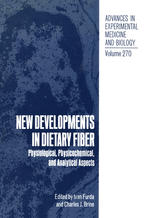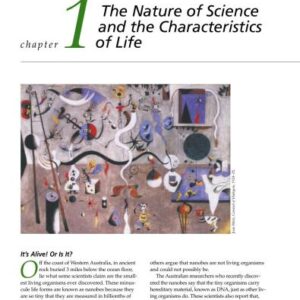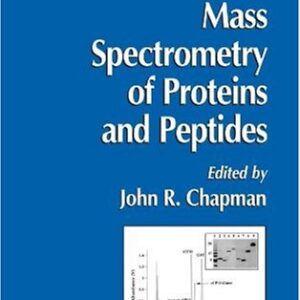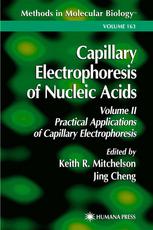It has been acknowledged that the physiological effects of dietary fiber are an exceedingly complex matter which requires a multidisciplinary research effort. The increased scientific involvement of the medical community, nutritionists, chemists and physicists is not only warranted but it has become mandatory. This is because we are entering a more advanced research phase in which the observed . in vivo effects should not be only recorded, but they should be systematically correlated with the physicochemical and analytical properties of the individual dietary fibers. The Division of Agricultural and Food Chemistry of the American Chemical Society has recognized this for some time, and has asked us to organize another International Symposium, similar to one in 1982, which would address the latest developments in this field. We decided to ask a cross section of leading experts from industrial and academic research institutions to assess the state of the art in dietary fiber, namely in the areas of the physiological effects, physicochemical attributes, and in existing and proposed analytical methods. We also felt that chemistry and physical chemistry should playa greater role in fiber research to complement and better explain the existing . in vivo data. There is a large volume of animal and human physiological and nutritional data available. Unfortunately, the generated information is frequently confusing. One reason is that this research is not conducted with well characterized compounds, but rather with loosely defined complex mixtures or entities.
Biology
[PDF] New Developments in Dietary Fiber: Physiological, Physicochemical, and Analytical Aspects David Kritchevsky (auth.), Ivan Furda, Charles J. Brine (eds.)
$19.99






Reviews
There are no reviews yet.